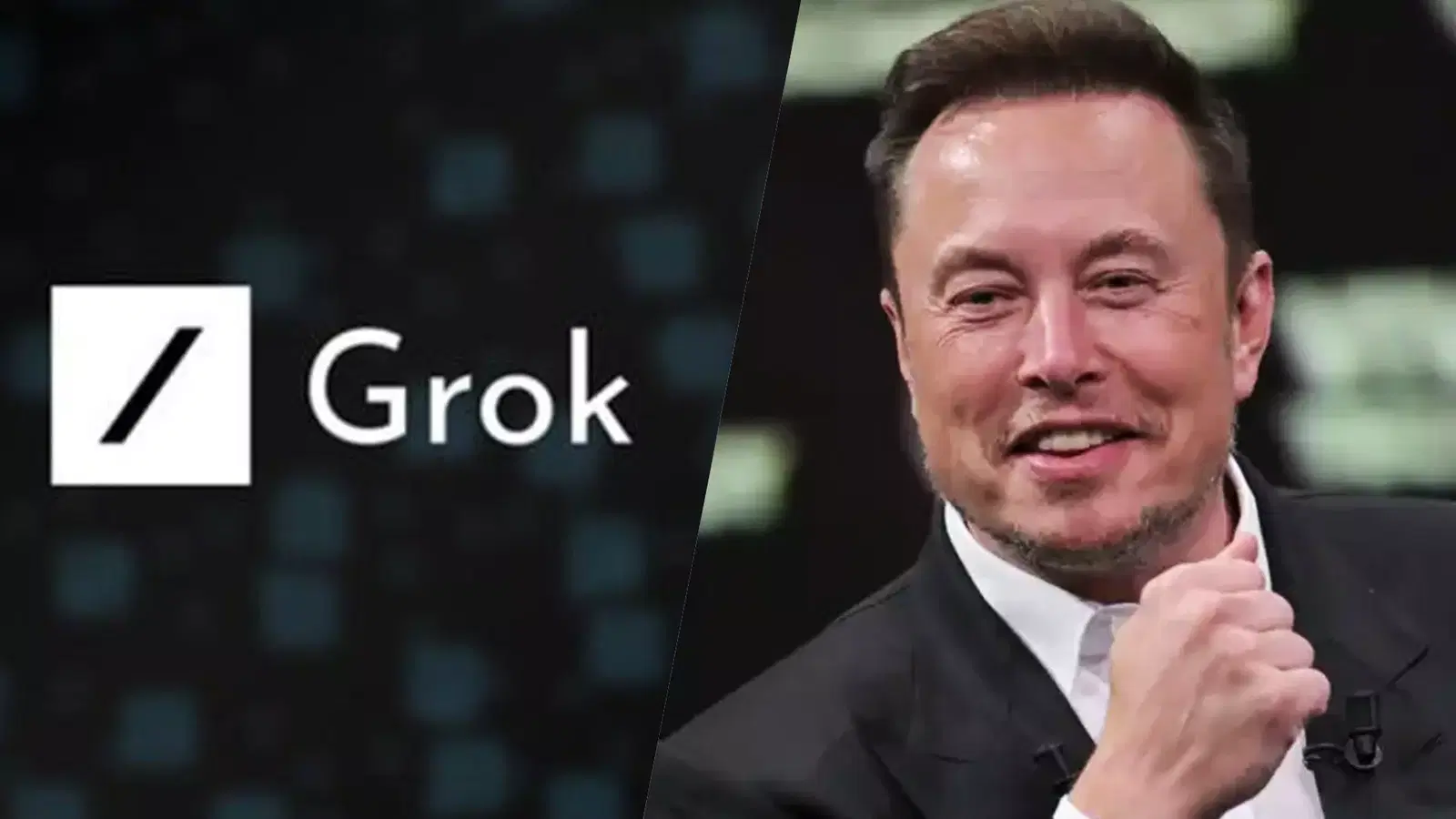The Federal Competition and Consumer Protection Commission announced plans to create a new regulatory framework to address Nigerians’ growing reliance on digital money lenders, often known as loan apps.
The Commission’s Chief Executive Officer, Mr. Babatunde Irukera, revealed this on Monday while appearing on a TVC live program. Irukera stated that debt to DMLs has become a major industry issue.
While the Commission has been successful in decreasing abuse and harassment by lending apps, he claims that Nigerians who have borrowed from the platforms have continued to fail. According to Irukera, increased debt could lead to the demise of digital lenders, who are also playing crucial roles in the economy.
“One of the major issues we’re seeing is that there is now a significant level of loan default because people are unable to use these unethical and inappropriate loan recovery mechanisms, and you cannot tell me that the only language Nigerians understand is to abuse them. No, I don’t think so.
“We must do the work, no matter how difficult it is to find a more sensible way to recover loans because I agree that if these digital money lenders are unable to recover their loans and exit the market, it is a consumer protection issue because of those who need those types of short-term unsecured lending.”
He continued, “We must strike a balance, and some of the regulations that will be implemented in 2024 will take a broader approach to responsible borrowing and lending by individuals and corporations.
“I’m optimistic that in the future, even school landlords will be able to report to a centralized credit system about the behaviour of tenants, pupils, and parents so that we can determine each person’s level of fiscal responsibility or credit wordiness.”
The FCCPC president went on to say that once there is a systemic strategy that inhibits people from obtaining credit due to their responsibility or otherwise, there will be self-regulation of people and eventually loan recovery. He stated that the Commission had discovered that the majority of persons defaulting are the same taking loans from several other apps.
According to Irukera, the deployment of its interim framework has resulted in an 80% decrease in harassment and libellous messages from lending apps.
While emphasizing that the Commission was dissatisfied with its accomplishments, he stated that attempts are still being made to resolve the remaining 20%.
He stated that while fintech is new and expanding around the world, the limited and interim regulatory framework for loan apps is continuously changing.
According to him, digital money lending fills an important societal void; therefore, establishing the optimal regulatory ecology for that also necessitates learning from the industry and how it operates.
The FCCPC has registered over 200 loan apps under the interim regulatory framework as part of its efforts to clean up the digital lending business by ending unethical practices of defaming and harassing borrowers.
As of the last count, a total of 211 digital lenders have been approved by the Commission.










